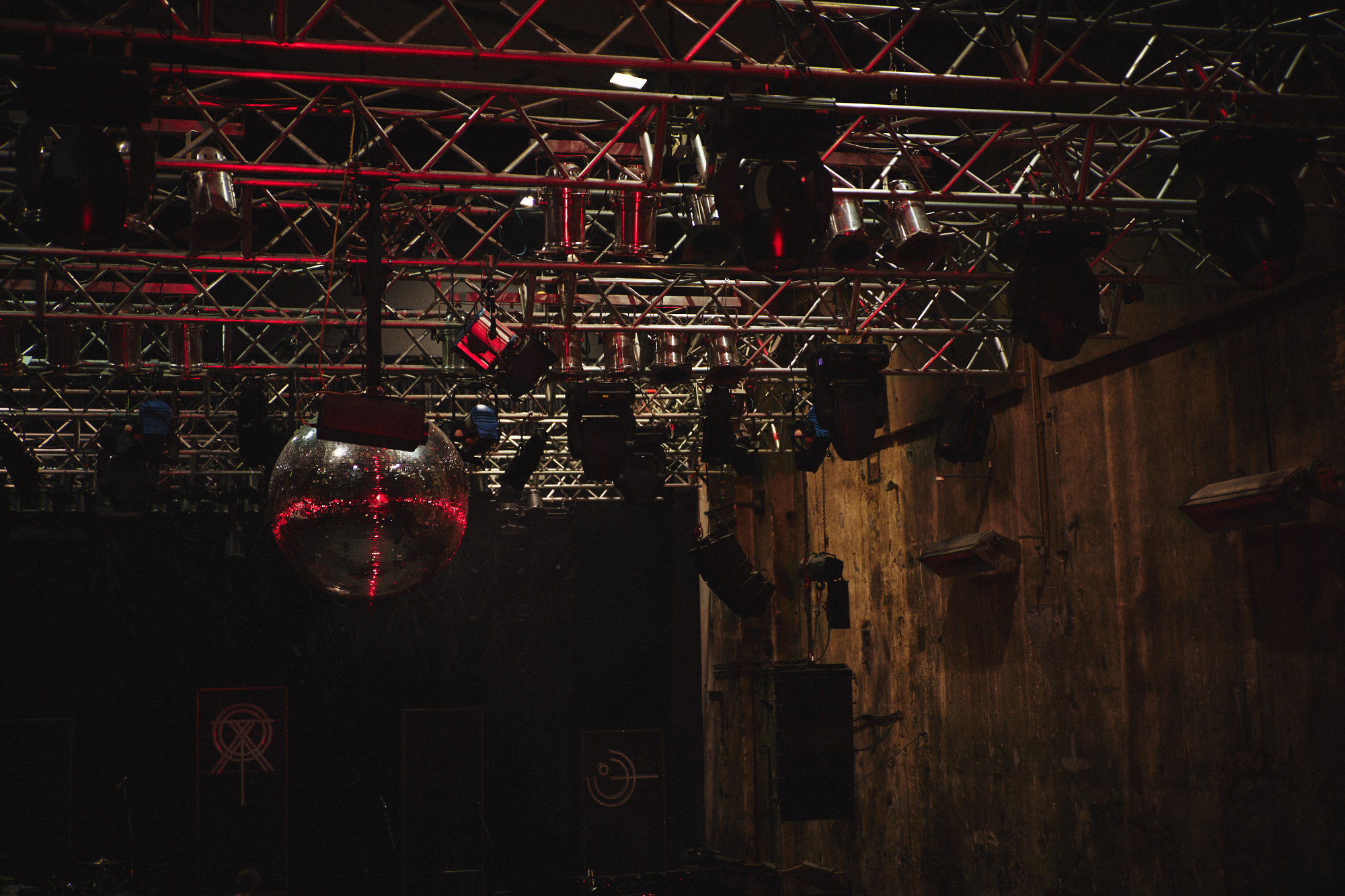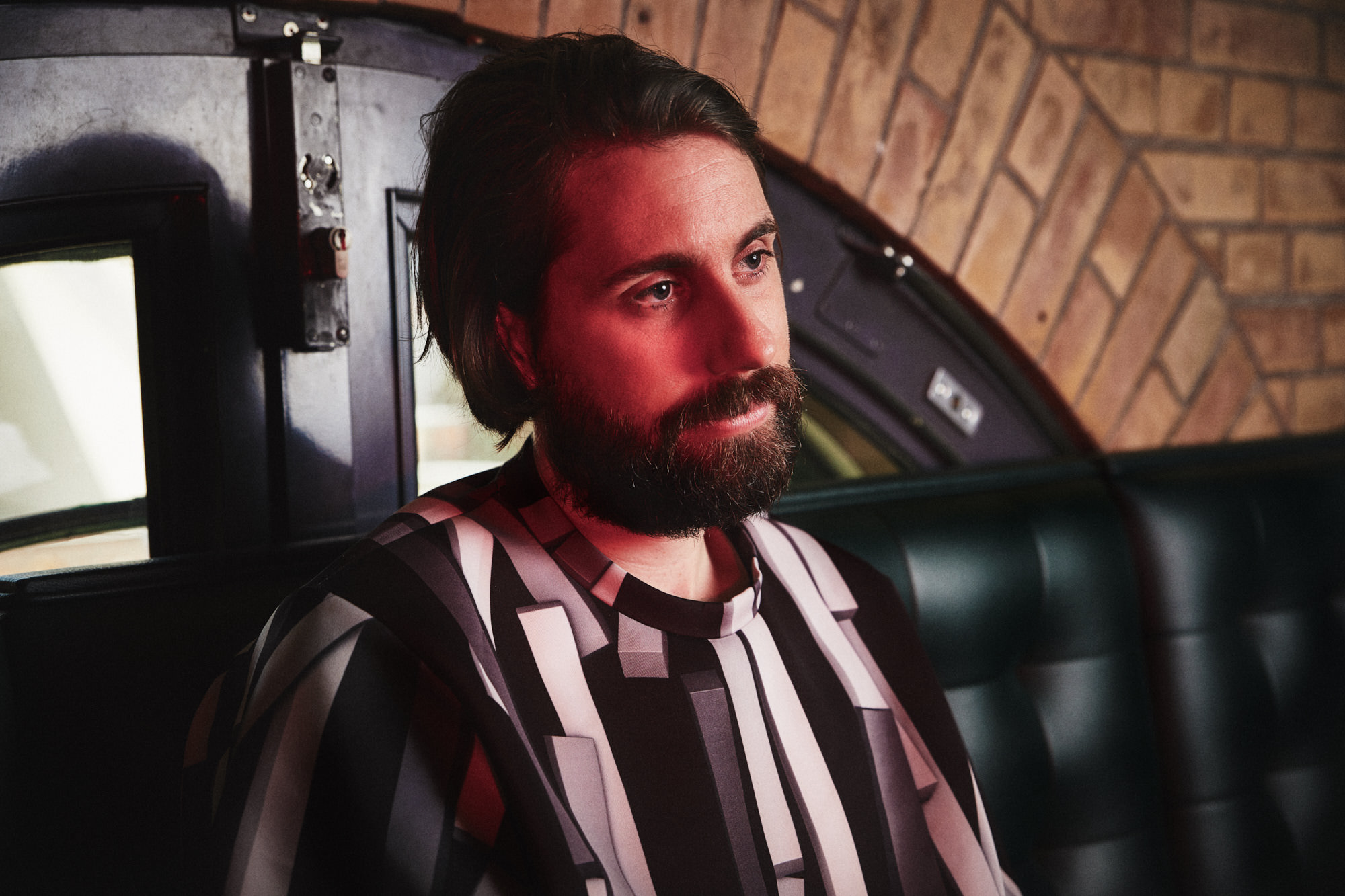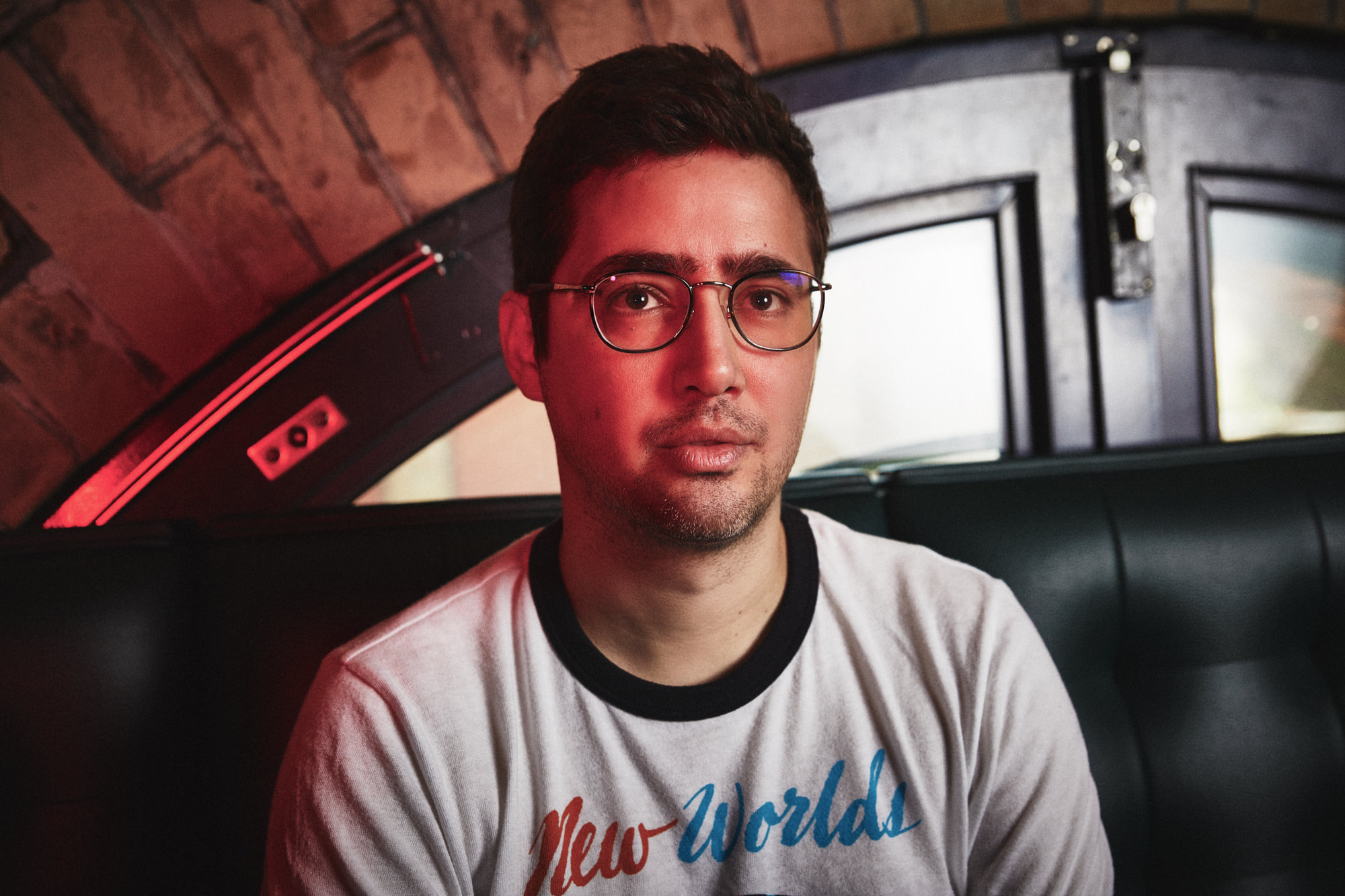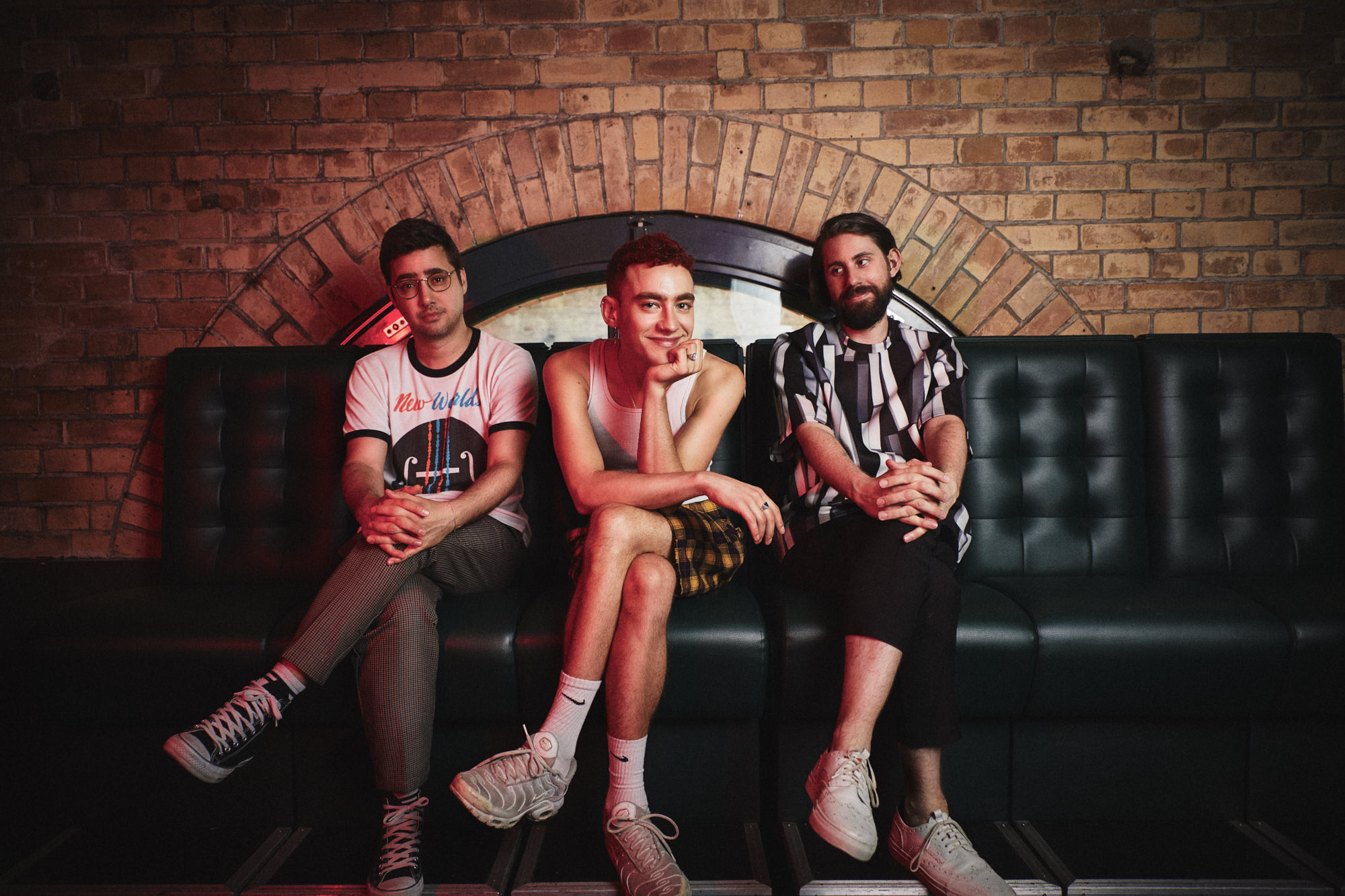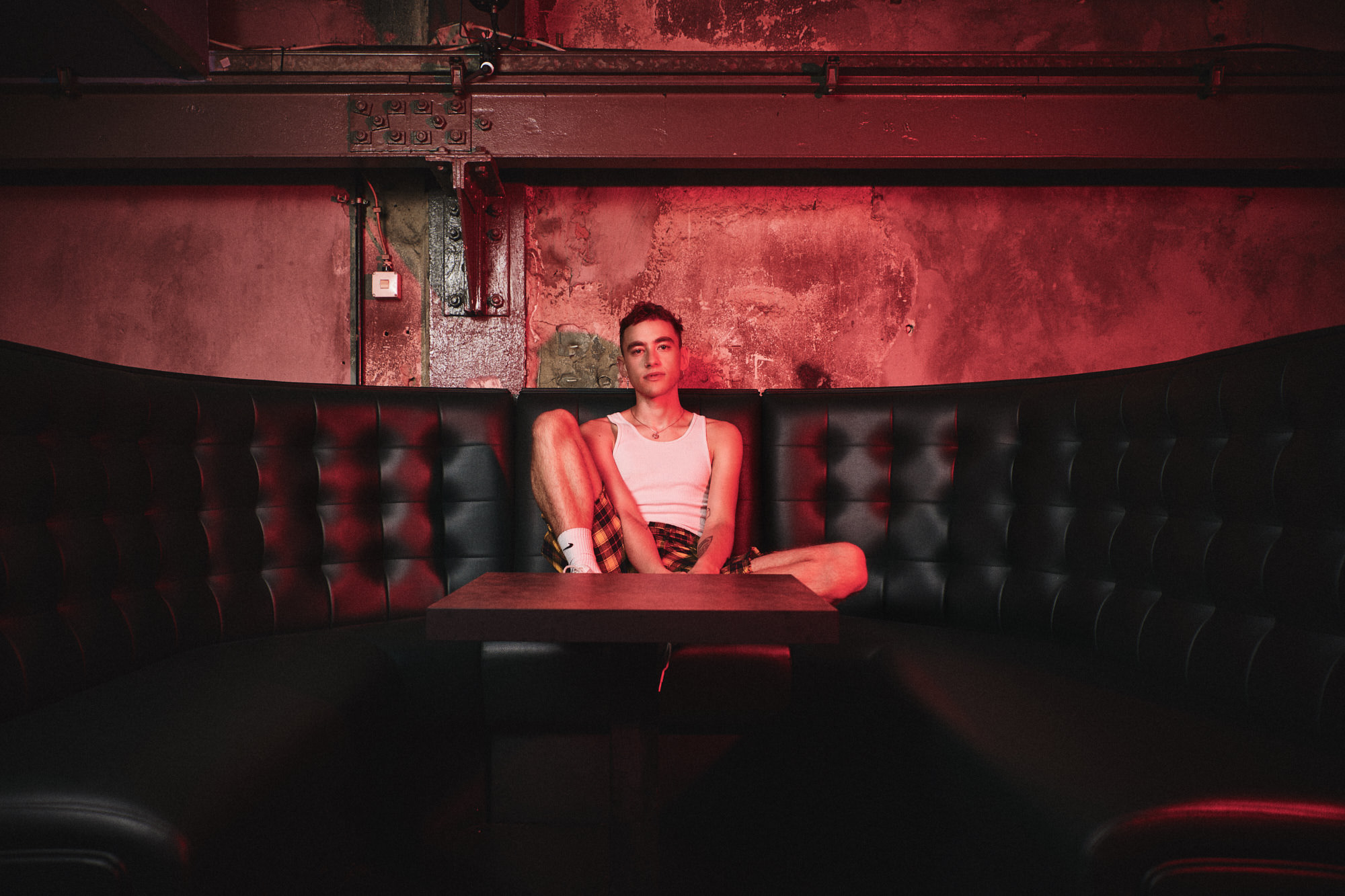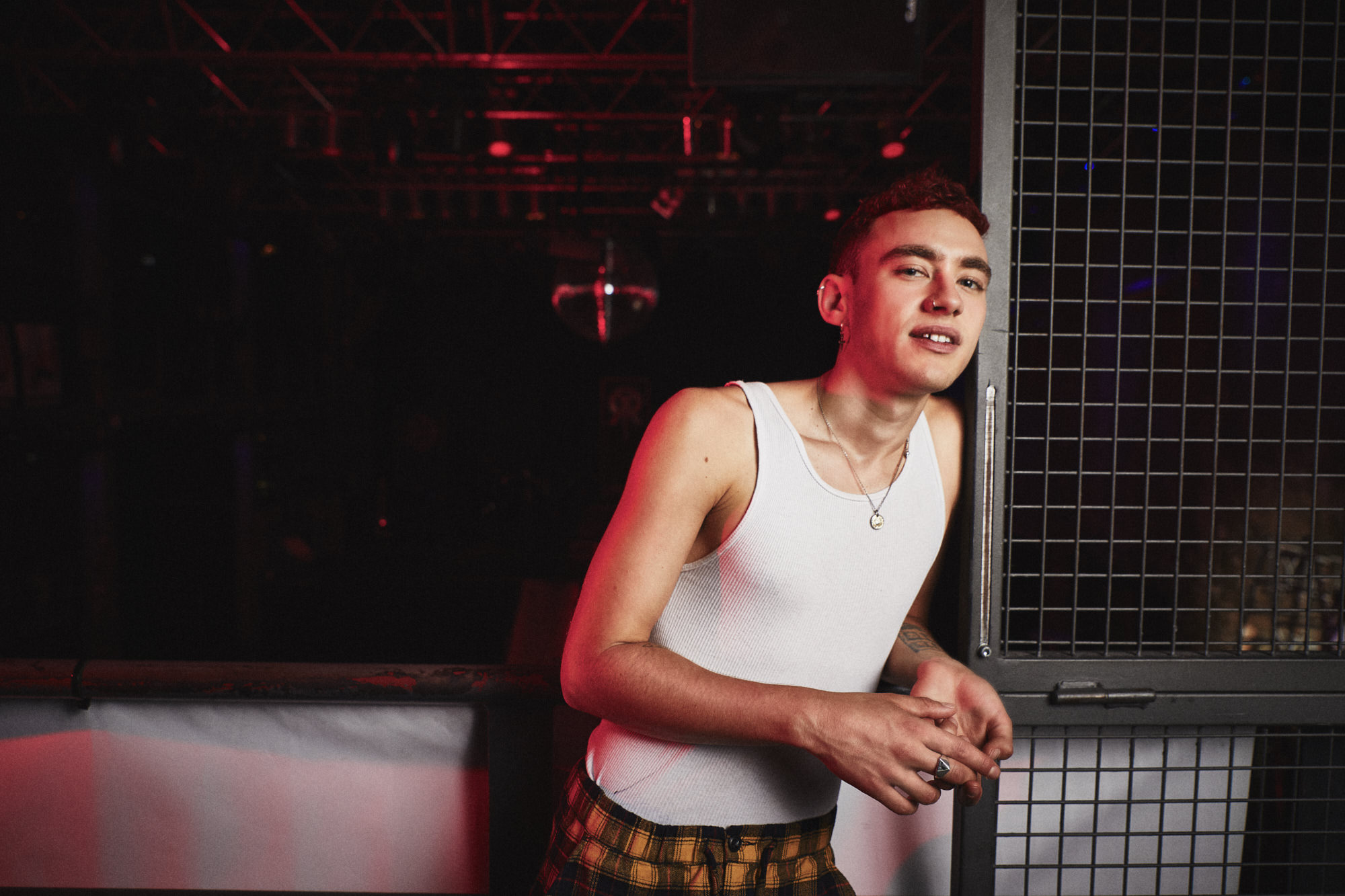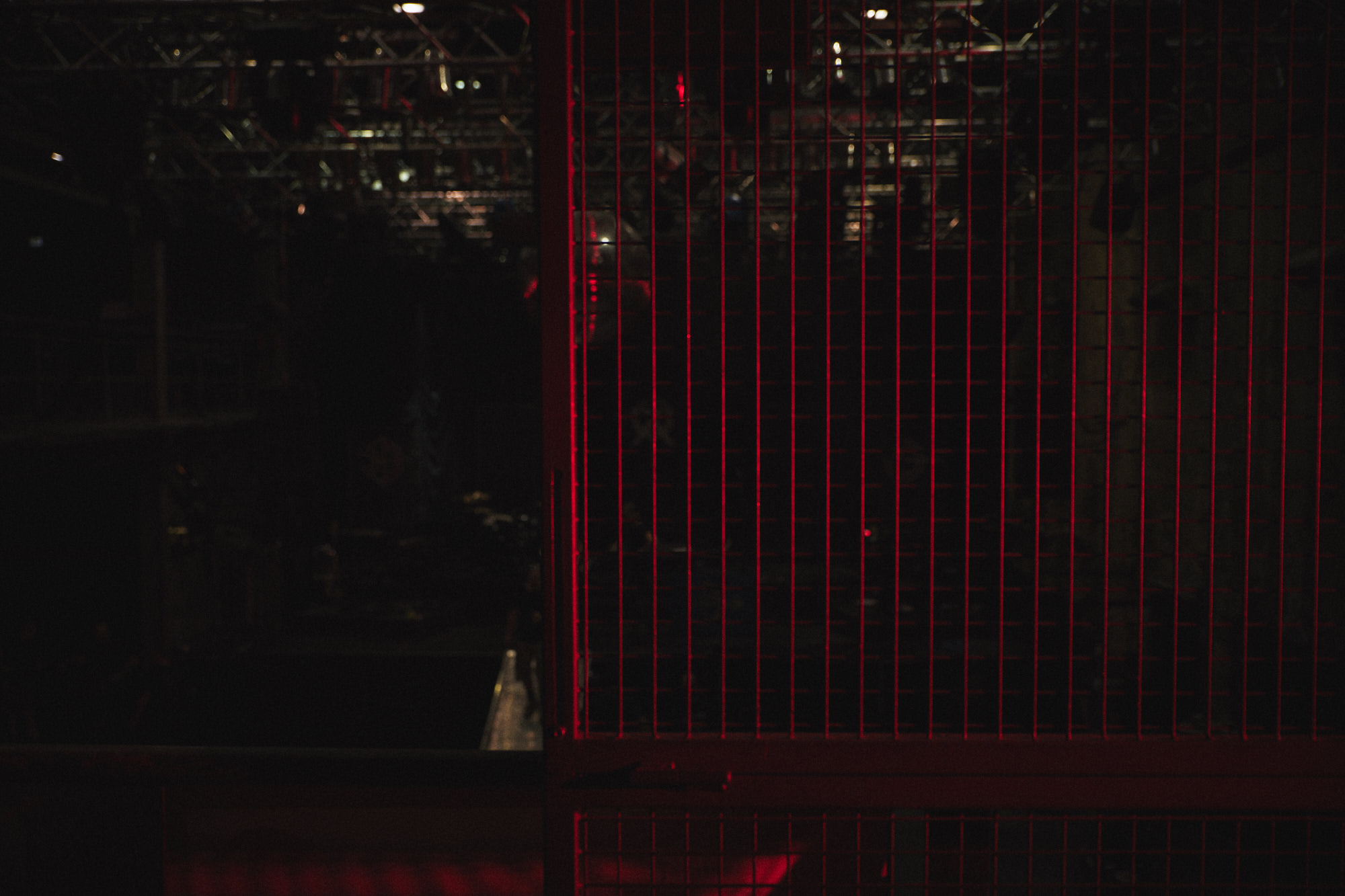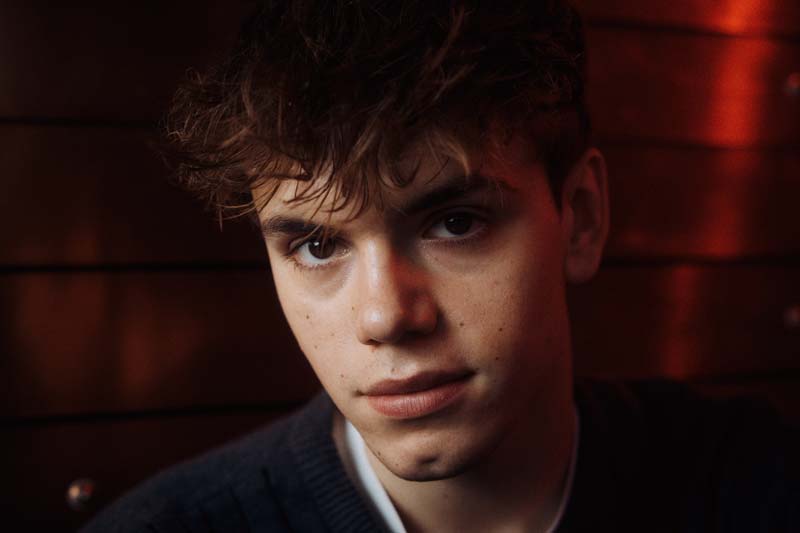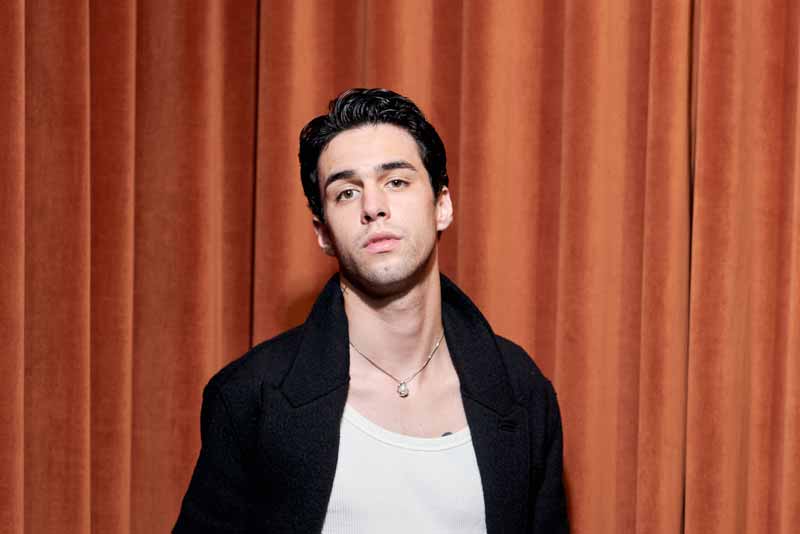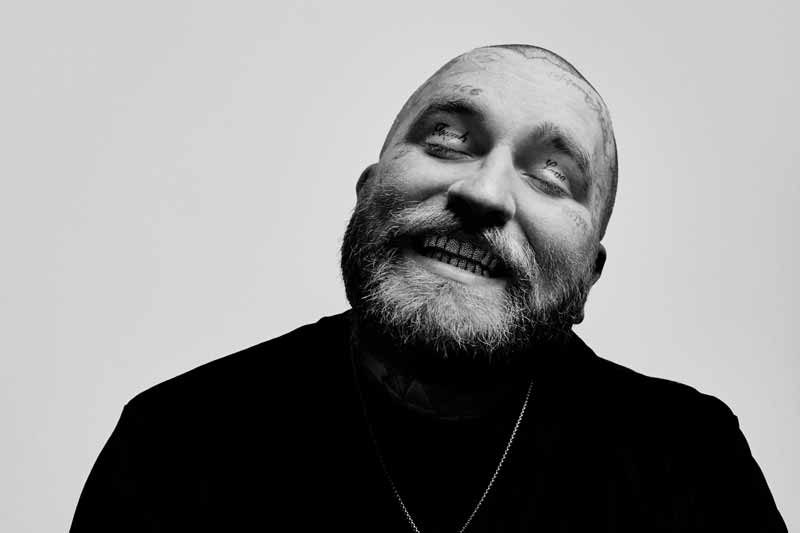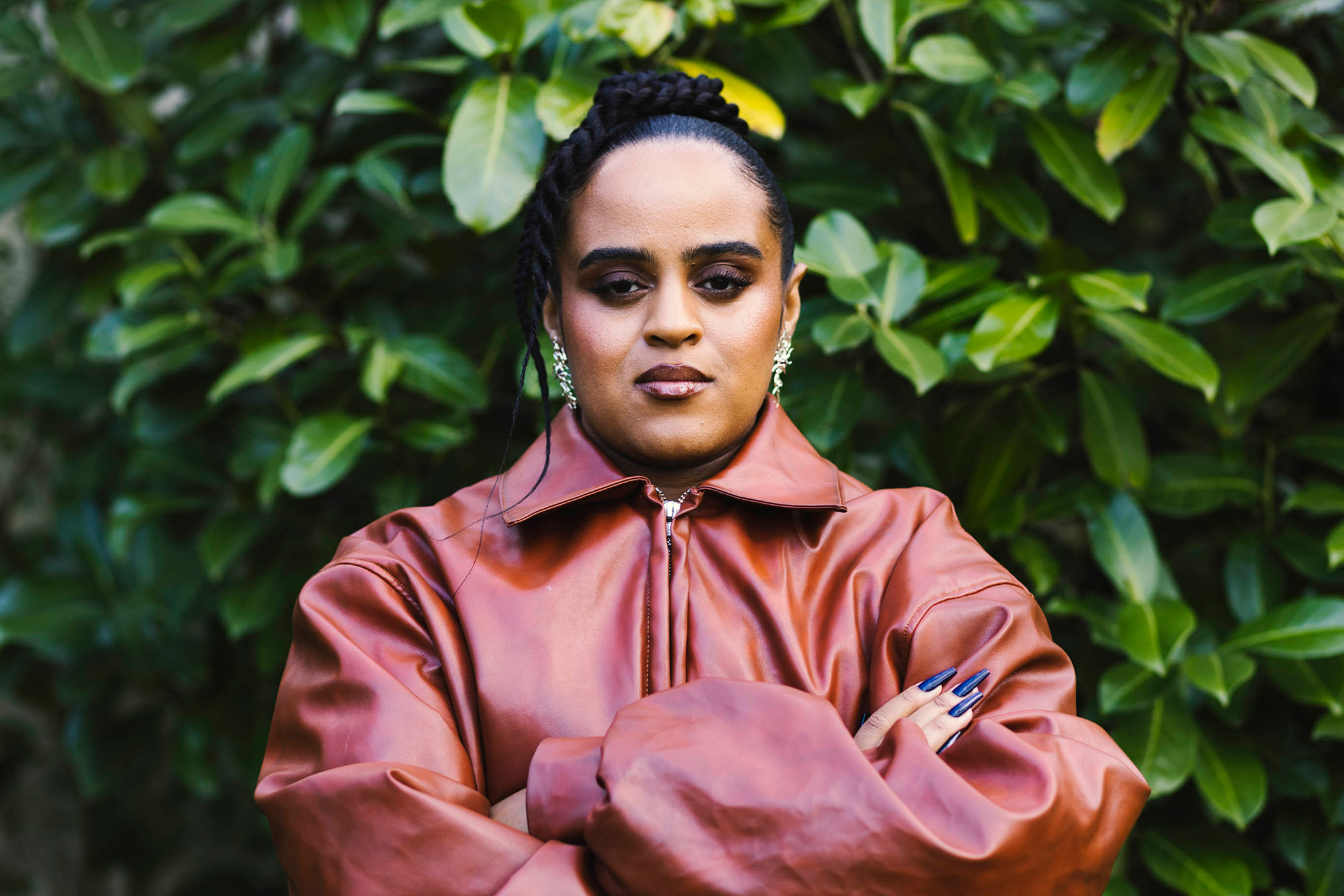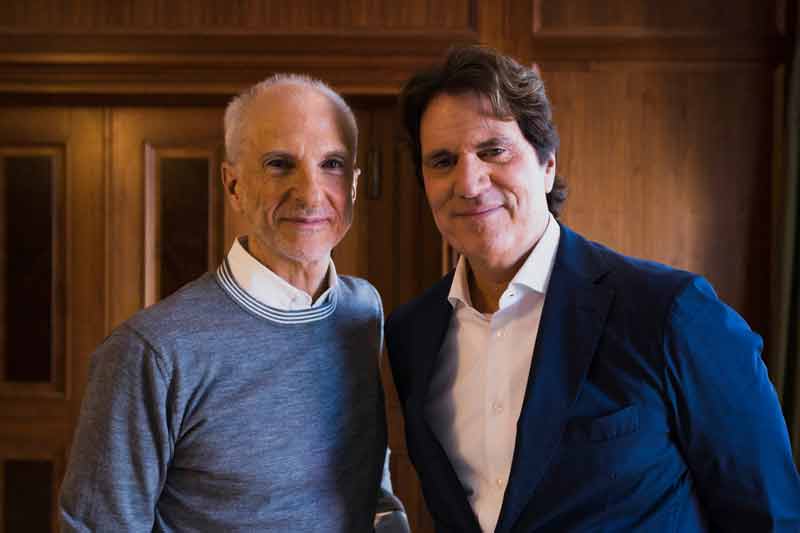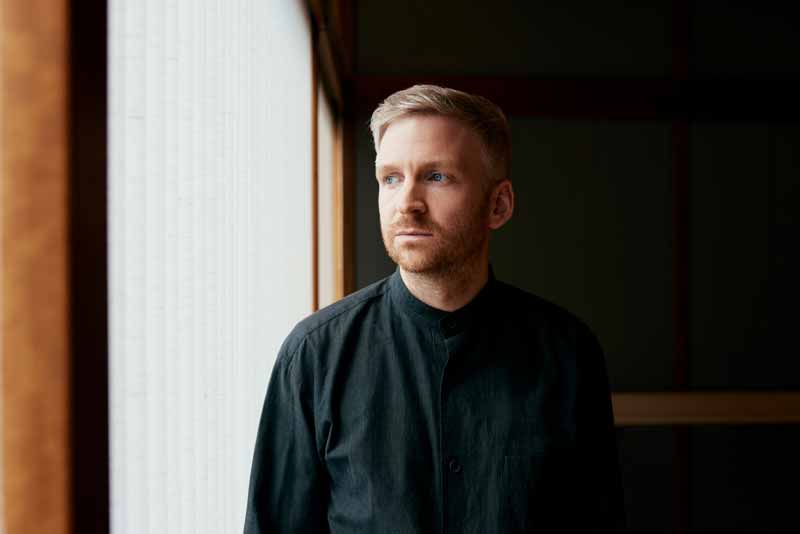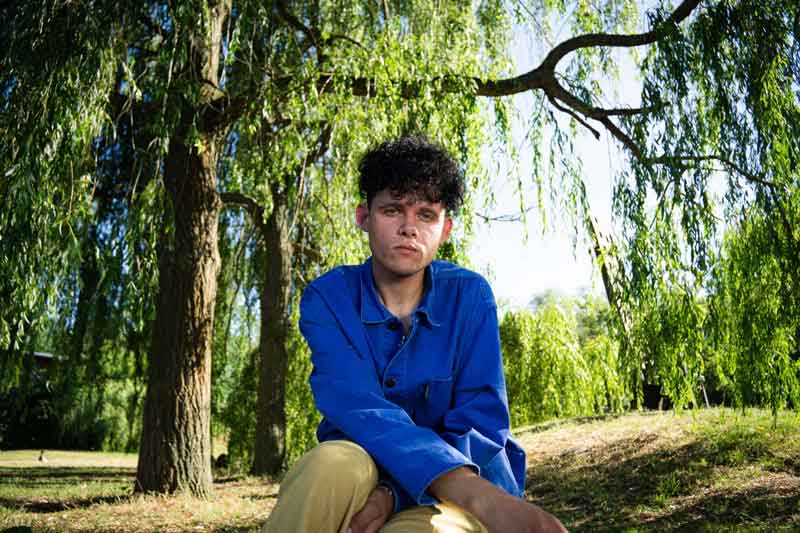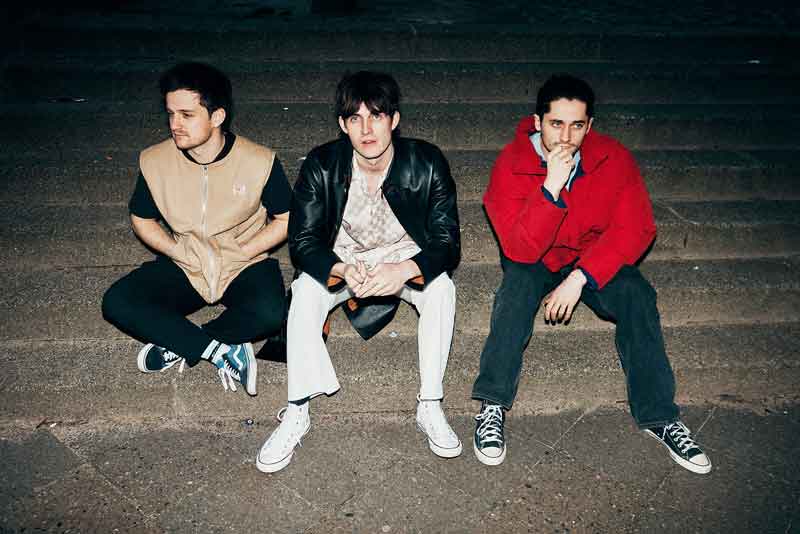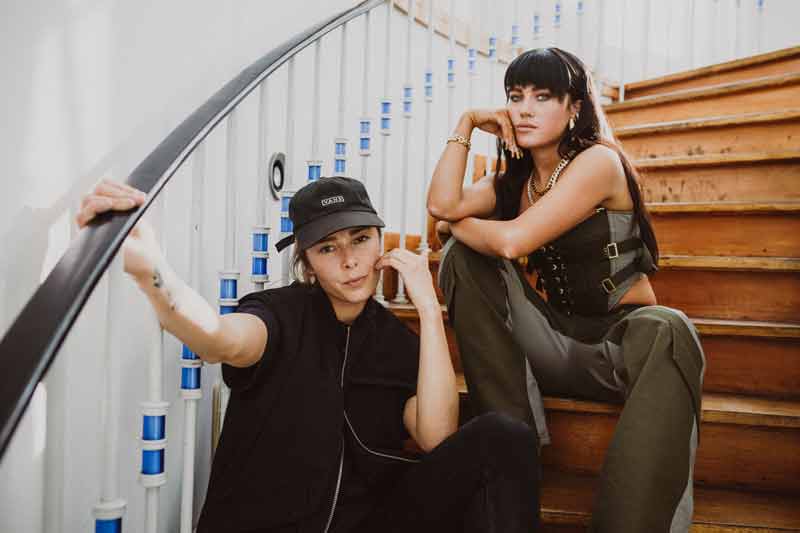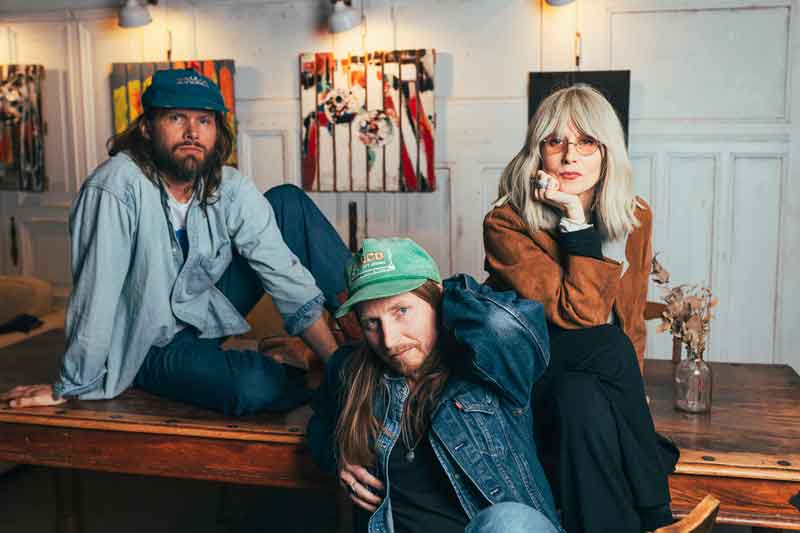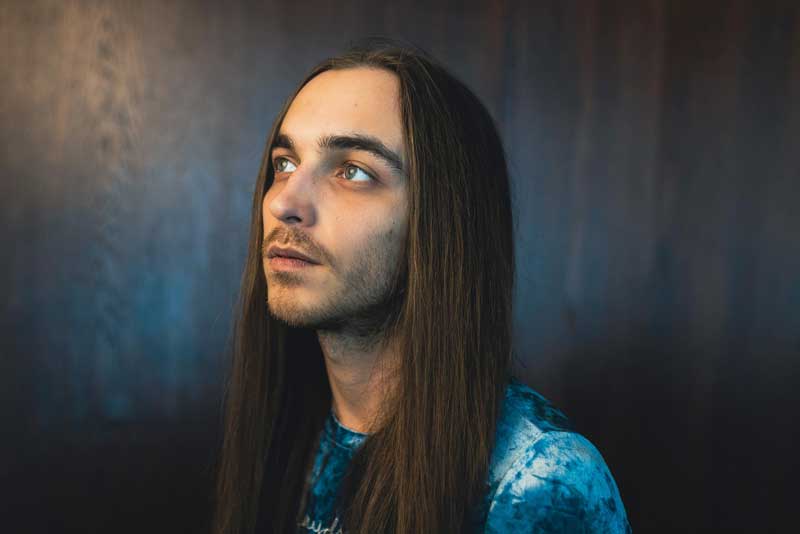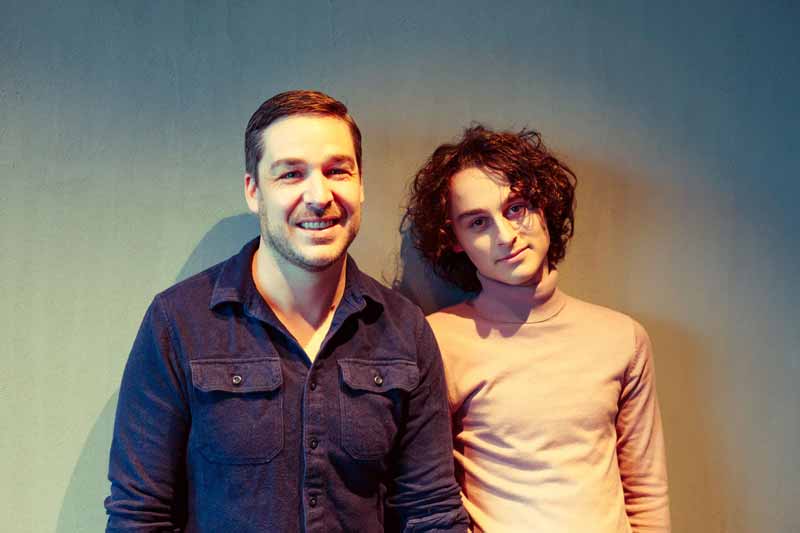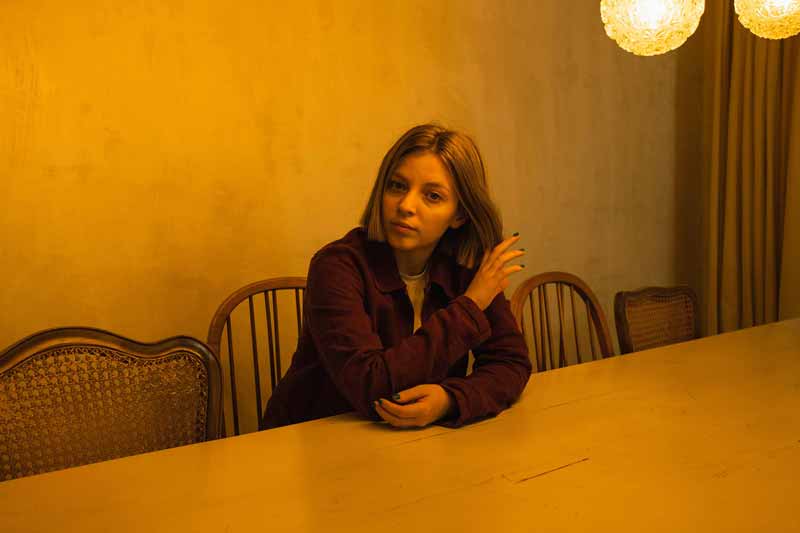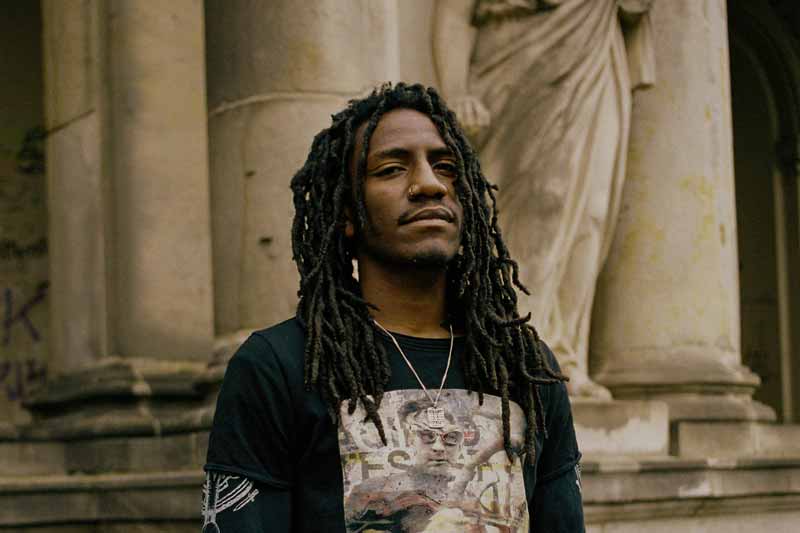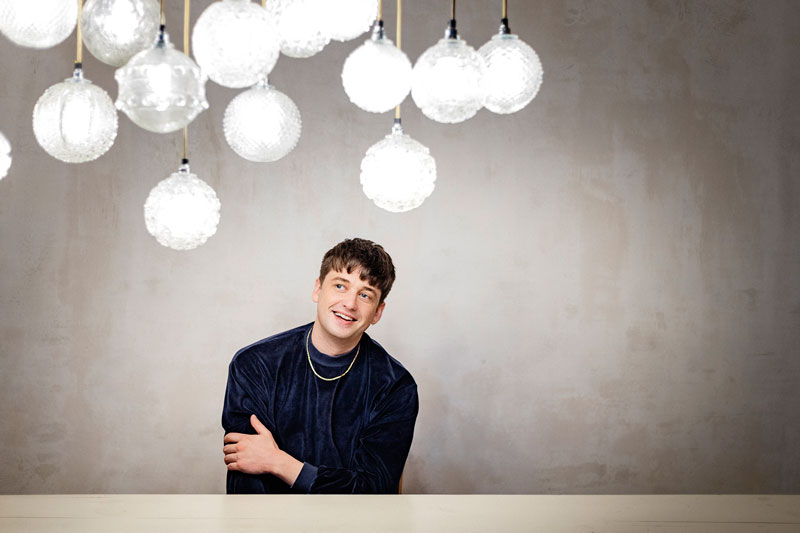Interview — Years & Years
Remaining Silent Isn’t Good Enough
Following their instincts, British electropop trio Years & Years return bolder than ever before. Lead vocalist and one third of the band, Olly Alexander, discusses the state of pop music, artificial intelligence and the importance of speaking up.
28. Juli 2018 — MYP N° 23 »Instinct« — Interview: Alexander Salem, Photography: Steven Lüdtke
Three years since their debut record “Communion”, British electropop trio Years & Years have been busy writing and producing their follow-up record, “Palo Santo”. With an air of newfound confidence, lead vocalist Olly Alexander seems eager to share with the world the band’s latest electropop mastery. Backstage at Berlin’s Kulturbrauerei, we sat down with Olly to discuss the state of LGBTQ+ representation in contemporary pop music, artificial intelligence and most importantly why today—more than ever—remaining silent isn’t good enough.
»In terms of LGBTQ+ representation in the public eye, it’s so slim, and if you are someone who has a platform, then you should be doing your damn best to fight for our rights.«
Alexander:
Since 2015 it seems that the world is in a very different place than where it was three years ago. How’ve you personally experienced the last three years in terms of your rise to fame and your own context within this world?
Olly:
As the world has descended into dumpster chaos, I think that we’re seeing some really interesting art come out of it. Trying to chart my own personal journey within the context of what’s happening in the world is obviously quite hard. But I think the last three years has really gotten me to think about my own position within the world. Once the dust had settled after the first album and we had finished touring, it was so overwhelming… I thought to myself, “wow, I’m in such a privileged position as an artist, to be able to create music”. If anything, I feel more and more inspired to do that; to create something that I’m passionate about. I’m very lucky to able to this and I feel more driven to keep going now.
Alexander:
One monumental thing that comes to mind, albeit a depressing subject, are the events that happened in Orlando in 2016 at Pulse club. Did these events in some ways invigorate you to keep going?
Olly:
When those events happened, it was obviously such a huge shock. Given the state of our world today, it got me thinking that it really isn’t good enough to be silent or to not say anything at all. In terms of LGBTQ+ representation in the public eye, it’s so slim, and if you are someone who has a platform, then you should be doing your damn best to fight for our rights…
Alexander:
…especially given the platform you’ve been given…
Olly:
…exactly, a platform is a privilege. Most of us don’t get our voices listened to and I’m lucky to have mine, so, I’m trying to do my best.
»As a white, cisgender, gay guy, it is your duty to really listen to others.«
Alexander:
You have been very vocal in the public eye on how being gay intersects with mental health and spoken candidly on many different issues affecting different LGBTQ+ communities. Have you felt a pressure to fulfil a certain expectation of what it means to a popstar, but also a certain expectation of what it means to be gay in the public eye? How do you navigate and reconcile these two factors?
Olly:
I think that I’ve got a lot to learn. I can do that best by listening to people. In terms of being someone who speaks about their own experience, but also listening to different people across different LGBTQ+ communities. I try my best to listen to other people the best I can, especially on, like you say, how their lived experience intersects with mental health. I’ve lived with my own mental health for so long, so I understand and acknowledge that within myself. I try to listen to other people’s conversations and other people’s experiences. I think as a white, cisgender, gay guy, it is your duty to really listen to others—especially to people of colour and to listen to marginalised communities that exist within our queer community… Be respectful. That’s the attitude I try to adopt across the board with everything. In terms of my career, what’s so intense about having a successful album is that your label wants you to create that kind of success again. Especially with the campaign for “Palo Santo”, it’s quite out there. I wanted to be in a leotard and twirl around on stage—which I’ve been doing for years now. The label sees that and thinks that’ll potentially harm sales or that it will turn an audience off.
»Any resistance that I witness to the work I do where people say, ›that’s too gay‹, or ›that’s too weird‹, makes me want to do it even more.«
Alexander:
A few years ago, you were advised to “hide your sexuality” in the public eye in terms of harming your career. Between “Communion” and “Palo Santo”, have you felt compelled to be more unapologetic about your identity in the public eye?
Olly:
In that specific circumstance, there was a woman who worked in media training. She was someone that the label brought in and was not really connected to the label itself. She thought it was in my best interest to hide my sexuality, in terms of inviting personal questions or having my private life compromised. She had the best intentions of doing that; but it still holds onto an attitude that being gay isn’t acceptable… and that’s not okay. Any resistance that I witness to the work I do where people say, “that’s too gay”, or “that’s too weird”, makes me want to do it even more.
»There are a lot of different ways to love somebody. We need to challenge these dominant narratives in pop music.«
Alexander:
Given the specific context of your music and as someone who openly identifies as gay, what is the significance of using masculine pronouns in your songs about relationships in today’s predominantly heterosexual pop music landscape?
Olly:
We’re so used to hearing one narrative in a pop song. I mean, it’s there for a reason too, a lot of people can relate to that. But the reality is, relationships are more complex than that, there are a lot of different ways to love somebody… we need to challenge these dominant narratives in pop music.
Alexander:
Is this a conscious decision to use the pronouns you use during your lyrical writing process? Or is this just you being you in some ways; someone who happens to be gay, who also happens to be writing pop music?
Olly:
I think both things must be taken into consideration because I remember the first time I slipped a masculine pronoun in my lyrics was in “Real” and I remember feeling quite scared at the time… It felt quite scary.
Alexander:
What element was scary? Was this something you had to overcome with inside yourself, or a certain external pressure?
Olly:
No… It was mostly personal factors. I thought to myself: “Am I really ready to put myself out like that”? It felt quite exposing and made me feel quite vulnerable. That in itself made me feel annoyed because I thought, “why should I be scared of this”? This pushed me to go ahead anyway and do it. Once you’ve done it, you think to yourself, “I’ll just do it again”. I sort of just didn’t tell anyone at the time and just went and slipped it in anyway.
»I’m obsessed with technology, artificial intelligence and interested in how it makes us reassess our own humanity.«
Alexander:
Moving onto “Palo Santo” and speaking about the short film that accompanies the album. Visually speaking, what was the source of inspiration behind the futuristic android society you created in the world of “Palo Santo”?
Olly:
Cinematically, it was really inspired by movies such as “Blade Runner”, “Fifth Element”; even “Twin Peaks” and “Mulholland Drive”. When I was coming up with the whole concept, I got really interested in Victorian spirituality and this weird attitude towards the occult that was so popular during that age. I imagined for “Palo Santo” that what if that was the case, but thousands of years into the future in an android society. I’m obsessed with technology, artificial intelligence and interested in how it makes us reassess our own humanity.
Alexander:
On the topic of artificial intelligence and our obsession with technology; the narrative of the short film says that this futuristic android society “desire nothing more than to experience real human emotion” and a need “satisfy this thirst for entertainment”. To what extent can you draw a comparison between today’s youth and our obsession with entertainment through our mobile devices on apps such as Instagram? Is it a commentary on today’s trends?
Olly:
At the heart of our obsession with social media, for instance, is really a desire to connect with each other. There’s a reason why selfies are so popular because we connect to faces and instantly drawn towards someone’s face. I just imagined that the androids in “Palo Santo” just want to connect to somebody because their machinery is wired a certain way—the question I wanted to pose in the film is, “are androids more human than we think”? I guess that would be the parallel.
Alexander:
What struck me the most about the short film is the diversity of the cast, but also the film noticeably attempts to challenge some rigid expectations of gender and sexuality; it feels noticeably more queer than a large majority of depictions of future societies we’ve seen before…
Olly:
…Thank you!
Alexander:
I just wanted to know, is this how you imagine the future will be in the coming years. Is it going that way? Or it’s 2018 and it’s all just downhill from here?
Olly:
I honestly don’t know. I’ve spent a lot of time imagining future worlds. I mean, who the fuck knows? I know there is one version which is a bit more gender fluid; a bit more fluid across the scale. I would be down for that society, however way that future society may form…
More about Years & Years:
yearsandyears.com
facebook.com/yearsandyears
instagram.com/yearsandyears
instagram.com/ollyyears
Photography by Steven Lüdtke:
Interview by Alexander Salem:
#yearsandyears #ollyalexander #mypmagazine

